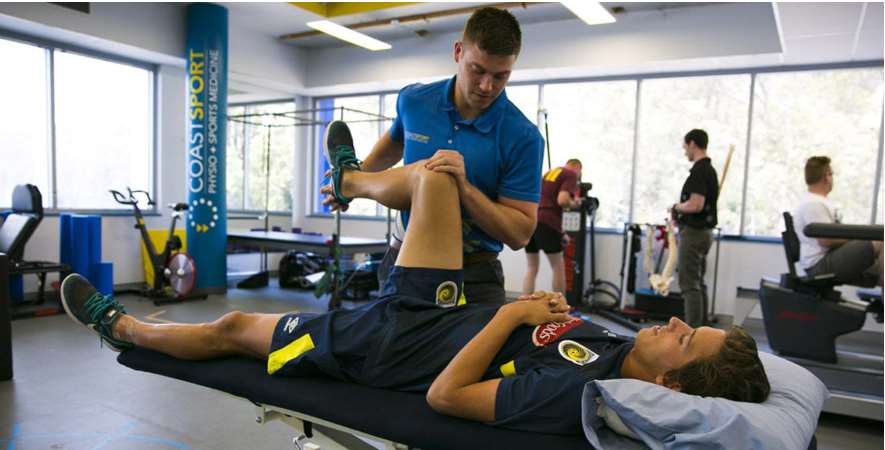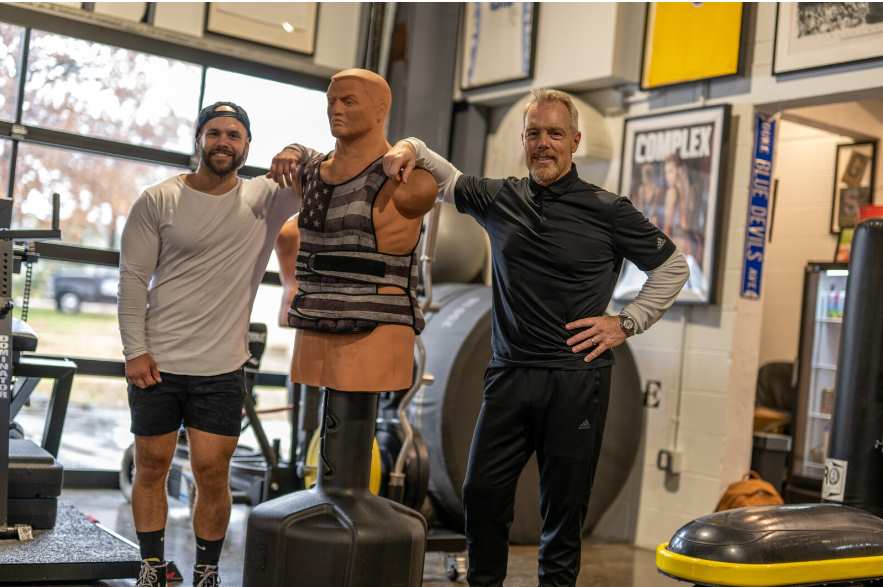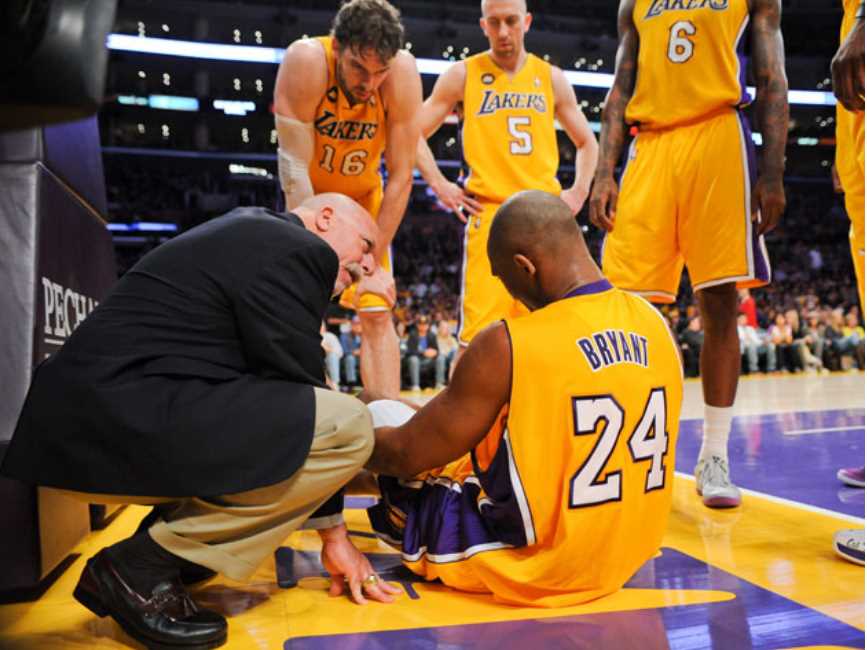Sports, throughout history, have been a beacon of entertainment, passion, and camaraderie. Whether one is a dedicated athlete, an avid fan, or someone who enjoys checking updates via apps like BetWinner’s mobile application – https://betwinner.pk/mobile-app/, sports resonate with millions worldwide. Speaking of BetWinner, the reputable betting platform offers enthusiasts a chance to stay connected to their favorite games on-the-go, amplifying the excitement manifold. However, amidst the limelight, scores, and victories, there are heroes working behind the scenes, ensuring the athletes’ peak performance and safety. These are the sports physiotherapists and trainers.
Contents
Understanding the Role
Sports Physiotherapists
- Expertise in Injury Management: Physiotherapists are crucial when an athlete gets injured. They use therapeutic exercises, manual therapy, and advice to help them recover faster.
- Preventive Measures: Their knowledge isn’t limited to recovery. They also guide athletes on preventive measures to avoid potential injuries.
Sports Trainers
- Designing Workouts: Trainers tailor-make exercise regimes for athletes, considering their strengths, weaknesses, and sports requirements.
- Nutritional Guidance: They often collaborate with nutritionists to ensure the athlete is fueled correctly, enhancing performance and recovery.
How They Contribute to Success
An athlete’s skill is just the tip of the iceberg. The support from physiotherapists and trainers plays an invaluable role in shaping that talent and maintaining the athlete’s physical well-being.
The Bond Beyond the Game
The relationship between an athlete and their physio or trainer isn’t just professional. Over time, they develop a bond built on trust and mutual respect. This bond ensures open communication, allowing better customization of training plans and faster identification of issues.
Technology and Modern Methods
Both physiotherapists and trainers keep abreast with the latest techniques and technological advancements. Whether it’s a new rehabilitation tool or a state-of-the-art training gadget, they ensure athletes have the best resources at their disposal.
Real-world Impacts
Consider legendary athletes like Serena Williams or Usain Bolt. Their individual prowess is undeniable, but it’s essential to acknowledge the army of professionals behind their success, fine-tuning their abilities and helping them recover from setbacks.
Moreover, many stories don’t make headlines – those of amateur athletes or school teams. Here too, trainers and physios are pivotal, ensuring a sturdy foundation for potentially the next generation of sports stars.
Evolution of Sports Physiotherapy and Training
From Basic to Advanced
The field of sports physiotherapy and training has seen a dramatic evolution over the years. Initially, these roles were somewhat simplistic – a trainer would provide basic exercise routines, while a physiotherapist would offer rudimentary treatments for injuries. However, the rapid advancements in sports science have transformed these roles.
Today, sports physiotherapists employ advanced techniques like hydrotherapy, electrotherapy, and even biomechanical analysis to aid an athlete’s recovery. Simultaneously, trainers incorporate data analytics, studying the minutiae of an athlete’s performance to derive optimal training regimens.
Celebrity Physiotherapists and Trainers
As the importance of these professionals has been recognized, several have risen to prominence in their own right. Notable names include:
- Gary Vitti: Renowned for his tenure with the Los Angeles Lakers, Vitti’s expertise as a physiotherapist was instrumental in ensuring the team’s key players, such as Kobe Bryant, stayed in prime condition.
- Gunnar Peterson: A personal trainer for numerous Hollywood celebrities, Peterson has also worked with professional athletes, emphasizing the merging worlds of celebrity fitness and sports training.
These professionals have further validated the importance of their roles, inspiring many to pursue careers in these fields.
The Psychological Aspect
Beyond physical health and performance, the mental well-being of an athlete is paramount. Both physiotherapists and trainers often find themselves playing the role of a counselor.
Mental Resilience and Recovery
The journey of recovery from a significant injury is not just physical. Athletes often grapple with anxiety, doubt, and depression. A physiotherapist, familiar with this trajectory, provides both physical healing and emotional support, ensuring athletes remain mentally strong.
Boosting Confidence
Trainers, on the other hand, instill confidence. When an athlete achieves new milestones in training, it’s not just about physical prowess but also about building self-belief, essential for competitive sports.
Conclusion
Sports physiotherapists and trainers might not always get the ovation they deserve, but their contribution to the world of sports is monumental. As spectators or enthusiasts who might check scores on platforms like BetWinner or follow games ardently, it’s essential to recognize and appreciate these unsung heroes. For more insights, Wikipedia offers a comprehensive understanding of sports medicine and the role of these professionals.
Remember, behind every great athlete, there’s a team ensuring they’re at their best, and physiotherapists and trainers are vital cogs in that machinery.
FAQ
- Q: What’s the primary difference between a sports physiotherapist and a trainer?
A: A sports physiotherapist specializes in injury recovery and prevention, while a trainer focuses on improving an athlete’s performance through exercises and nutrition. - Q: Do all athletes need a personal physiotherapist or trainer?
A: While not all athletes might have personal physios or trainers, professional athletes often have a team of experts catering to their specific needs. - Q: How has technology impacted the roles of these professionals?
A: Technology has provided them with advanced tools for rehabilitation, monitoring, and performance enhancement, ensuring athletes get the best care and training. - Q: Why is the bond between an athlete and their physio or trainer crucial?
A: This bond ensures open communication, trust, and a customized approach, essential for an athlete’s holistic development.




